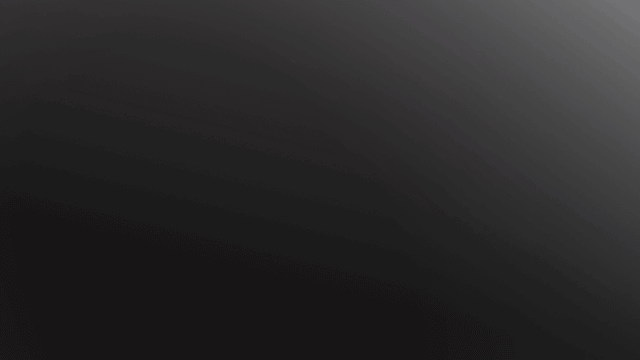New Zealand’s unprecedented 2020 national lockdown took its toll on most. For those with vulnerable children, it was even more terrifying and challenging than their daily struggle of caring for them.
Most parents understand the need to take time out from their routine. Picking up a book, or a nap for 30 minutes is something to look forward to, and a slight respite from the intensity that surrounds their family environment. Having time away from the family can boost mental health and revitalize parents during the week.
Parents of special needs children require all the above, and in many cases, more. However, for Bronie (surname) and her husband Andrew, the lockdown meant no break and no support for themselves and their two special needs boys during eight weeks in lockdown.
“After the first five days, the boys’ behavior got quite bad,” she says.
“They get really silly. They wriggle and laugh a lot, which does not necessarily mean that they are happy. It means they are uncomfortable, and they don’t know how to express that ‘this doesn’t feel right’,” she explains.
Both boys (age 6 and 7) were born with a rare genetic disorder known as Fragile X, a genetic disorder characterised by mild-to-moderate intellectual disability. The average IQ in males is under 55, while about two thirds of females are intellectually disabled. Physical features may include a long and narrow face, large ears, flexible fingers, and large testicles.
“They can’t read or write, so they can’t do the schoolwork that their schoolmates are doing. I have to try and find a way to change it to suit them,” says Bronie.
The added challenge of Fragile X can take its toll on Bronie and her family. Already under pressure during lockdown to entertain and educate her special needs sons, it's easy to forget about herself and this has been the only way forward for her since lockdown cut off access to respite care.
“It would have been awesome to have one of our care-givers come in, (not even everyday) just for a couple of hours a few times a week to take the pressure off. Just so I can do something like lie down and read a book!” Bronie adds.
Nicky Stokes and her family saw lockdown under similar circumstances. With five children aged between four and twelve, (2 of whom have high needs) the family has long outgrown their rental home.
“We were applying for mortgages before lockdown, it's just so crowded here,” she explains.
The family have been working with an agency that helps build homes for special needs families, who could otherwise not afford it.
“We had ACC involved, we had the ministry of health involved. We desperately need it, the house we are renting is much too small and it is not appropriately equipped for a full-time wheelchair user,” she adds.
Nicky's eight-year-old twins Felix and Maddie, were both born with a disability.
Maddie has Septo-optic dysplasia (SOD), is a rare congenital malformation syndrome featuring underdevelopment of the optic nerve, pituitary gland dysfunction, and absence of the septum pellucidum (a midline part of the brain).
“She also has a brain injury, which has significantly impaired her development. She is nonverbal, she’s a wheelchair user and she has quite fragile health,” says Nicky.
Felix was born with phocomelia, a rare congenital deformity in which the hands or feet are attached close to the trunk, with the limbs being grossly underdeveloped or absent.
Nicky explains his challenges.
“He has two fingers on his left side at shoulder level, and three fingers on his right side. Felix has quite a severe spinal scoliosis that is progressing quite rapidly as he grows, and that is going to require surgical intervention.”
Once a week, Nicky usually gets a night off when the twins stay with a friend.
“If the children are at respite, I might not get to go out and have a holiday style type of break, but just that night of knowing that I don’t need to listen out or worry , then I sleep much better,” she says.
Having time to sit down and figure out the things she needs to do for the day is also important to maintain the wellbeing and care of the twins.
“And then, keeping on top of the housework. I need to make sure there’s the right food, medicine is in stock, and clothing is available.” Nicky explains.
Despite their struggles both families have been able to take some positives from their time in lockdown.
“The one thing that the lockdown probably has been good for is that they are getting more independent with their play,” says Bronie when it comes to her boy’s adjustment to their new world.
Nicky also finds the positive attributes from each of the family’s challenges.
“It's been heartening to see the positive response, as a culture, we kiwis have quite a strong sense of fairness and most people are really supportive of saying you know what our most vulnerable people need our protection.”
Words by Mark Shaw




















































